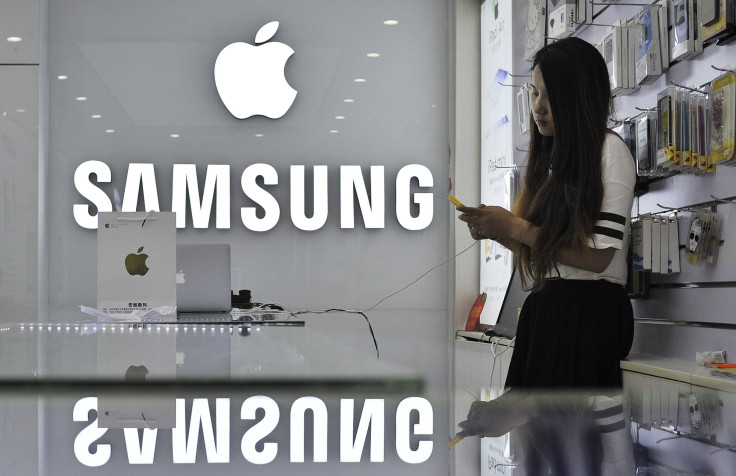Samsung Bixby vs Google Assistant vs Amazon Alexa: Samsung has a lot of catching up to do

Samsung has already announced that its flagship Galaxy S8 will have a dedicated button for the company’s brand new voice assistant Bixby. The technology is expected to be dominant player soon in the voice-assistant space along with Alexa, Siri and Google Assistant. The tech will eventually feature advanced AI.
Samsung’s R&D Chief InJong Rhee has promised fans in a post on Samsung Newsroom that the new voice assistant is unique and much less frustrating than the competitors’. The assistant is going to bring unprecedented voice navigation to the phone. At the OS level, Rhee promises voice integration so that the user’s voice will be able to do almost anything that a tap or a swipe can do. However, it will be a slow start as Samsung will be first launching an SDK version for third-party developers to get on in the action.
Plus, there will be competition from Google Assistant as the Samsung Galaxy S8 handset will have both the assistants. Thus, it is essential for Bixby to be more efficient and unique so that users don’t ignore it at the very beginning. Alexa of course does not have this challenge. In 2016, the South Korean tech giant bought voice-AI company Viv Labs. VIv is a voice bot, with whom users can speak like normal human beings, without getting useless results. Bixby has arrived late in the competition and that can be a negative.
Its competitors interact with way more devices at this point. So whatever Samsung does, it has to do fast. Research director at Gartner, Werner Goertz, has explained how Bixbty will be at a disadvantage at first.
“Amazon has the experience around e-commerce transactions. They know a user’s buying behavior, they’ve already gathered all this information and created the contextualization. Google has the knowledge graph, the result of 20 years of Google searches. They’ve been able to identify facts and relationships between them. Even if Viv presents itself as a great AI agent, if it doesn’t have a similar base of facts from which to learn, it puts Bixby at a competitive disadvantage,” Goertz told WIRED.
However, Samsung’s strength lies elsewhere. It has the largest share in the global television market and is only second to Apple in smartphones. Moreover, Samsung makes a whole of appliances. This is where the opportunity is. The company can integrate Bixby voice-assistant in all these devices and let users control them with their voice. Samsung may bridge the Alexa gap by adding Bixby interaction to the SmartThings hub. However, this will be only for those who are already a part of this ecosystem.
Adding a dedicated Bixby button to the Samsung Galaxy S8 will entice users to use the app more, which is exactly what the company wants. Stay tuned on IBT AU for more updates on Samsung Bixby voice assistant.






